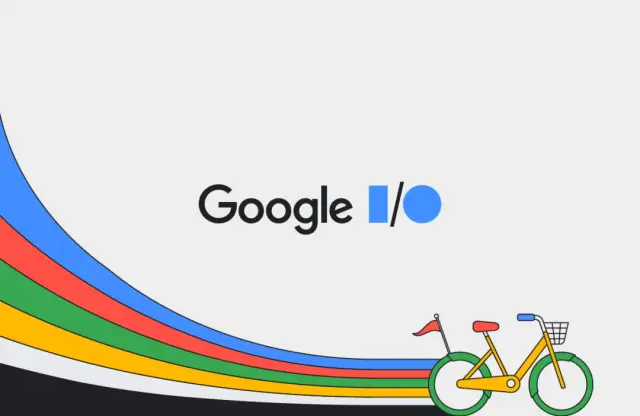Google I/O 2023: Anticipating Android 14, New Hardware, and AI Updates
Google I/O 2023 is set to showcase new hardware, artificial intelligence advancements, and the highly anticipated Android 14. The conference kicks off on May 10 in Mountain View and is expected to cover a wide range of topics, including the Pixel 7a, Pixel Tablet, and potential foldable devices.

As Google I/O 2023 approaches, anticipation builds for what the annual developer conference will unveil. The event, hosted at Mountain View’s Shoreline Amphitheater for the first time in four years, is set to begin on May 10 at 10 AM PT. Attendees can expect a multitude of announcements covering new hardware, AI enhancements, and an in-depth look at Android 14.
Google CEO Sundar Pichai will likely emphasize the company's leadership in artificial intelligence during the conference, with practical real-world applications at the forefront of discussions. Hardware, on the other hand, might take an unexpectedly consumer-oriented approach this year, with several key devices rumored for reveals during the event, such as the Pixel 7a, Pixel Tablet, and possibly foldable devices.
Google has established a stable release pattern for its devices, with a flagship release in the fall and a budget-friendly device in the spring. The Pixel 7a, rumored to be announced on May 11, would align with this strategy. It's expected to retain many features from previous devices while making design changes for a more cost-effective device.
On the tablet front, anticipation is building for the official announcement of the Pixel Tablet. Google confirmed the device's existence last year with a broad 2023 release date. The Android tablet market has been hit or miss for some time, but Google is likely to bring a fresh spin to the category. Leaks suggest that the tablet could function as a giant Nest dock, diverging from the usual design found in the industry.
The most intriguing announcement could be the Pixel Fold, a foldable device that Google has seemingly been preparing for some time. The company first revealed foldable screen support in Android in 2018, and foldable Google patents surfaced the following year. If leaks prove accurate, the Pixel Fold's design will be more similar to the Samsung Galaxy Z Fold than the Z Flip. This would be a natural step given the increasing popularity of foldables, and a foldable device would allow Google to compete in the growing market.
Other potential hardware announcements at the Google I/O event include a Google/Nest AirTag competitor, new Pixel Buds, and the Pixel Watch 2. However, these seem less likely given the lack of rumors surrounding these devices.
Android 14 updates will undoubtedly be highlighted during I/O. Google's latest mobile operating system, codenamed Upside Down Cake internally, has already seen beta releases focusing on developer-centric aspects. Expected features include improved battery life, enhanced accessibility, and strengthened privacy/security measures to block the installation of outdated apps that could pose malware risks.
Artificial intelligence, particularly generative AI, is anticipated to have a significant presence at the conference. Google's AI improvements are expected to make their way into many aspects of its consumer software, following Gmail and Docs' lead. Key targets for AI integration might include search functionality and the Chrome browser.
A preview of a revamped Wear OS could also make an appearance at Google I/O, addressing recent updates in the AR/VR market. Regardless, the conference promises an engaging and insightful look into the latest developments and innovations spearheaded by Google.
In the no-code and low-code ecosystem, AppMaster.io continues to empower users to develop web and mobile applications without the need for extensive coding experience. Its powerful no-code platform allows users to visually create data models and business processes, with the ability to generate source code for backend, web, and mobile apps, streamlining the development cycle and reducing costs.





